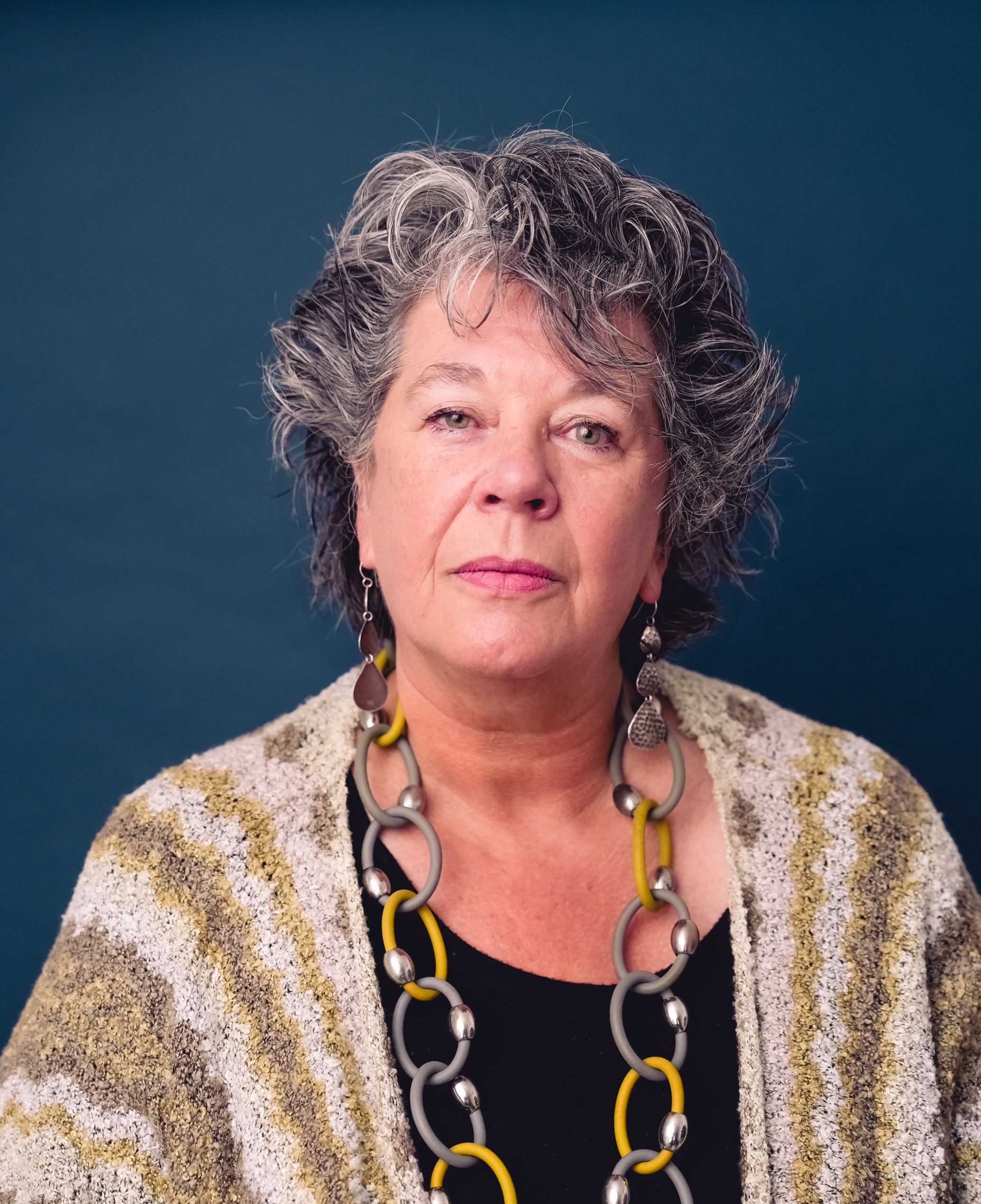Cinderella steps into the spotlight: project management at London’s Royal Ballet and Opera

This year, the Royal Ballet and Opera’s (RBO’s) major Christmas production is Cinderella, and the work being undertaken by the project delivery teams at RBO is making a major contribution to the creation of magical entertainment for our audiences. Like Cinders herself, the work of project managers here takes centre stage.
On joining RBO in 2023 as Head of Transformation, I was asked by Chief Executive Alex Beard to consider the learning we, in the world of project delivery, could take from the organisation’s core business – making world-class ballet and opera for everyone. RBO is probably the busiest repertoire house in the world, juggling three or four shows a week on stage – plus two or three in the rehearsal rooms. The turnaround in the building is phenomenal, with teams of artists, creatives, and technical and front-of-house staff working together to ensure that the curtain rises on time and as planned, day in and day out.
Bringing a creative vision to life
Production management at RBO is at all times focused on the effective management of risk. Kate Rooney, Head of Planning, is clear that it's about “balancing what is needed with what is achievable – with an unremitting focus on safety”. Managing productions at RBO brings many unusual complexities; artists and directors are always developing new and spectacular ideas, many of which are technically and logistically highly challenging.
But, as Will Harding, Deputy Director of Technical, Production and Costume, notes: “The production teams will always bring a creative mind to finding ways to facilitate the underlying creative vision – safely and within budget.” However, a creative mind also has to be a disciplined mind, and productions at RBO follow an over-arching and mandatory framework of production gates, which sets out the process from concept through to first night.
This discipline is a vital part of RBO’s staging. During every show, all functions – from automated stage systems to complex programmed lighting and sound effects and the physical movement of props and scenery – are precisely timed and happen with movement and music cues. As RBO’s Health and Safety Manager Alex Lucas says: “No one is allowed to do anything until the stage-management team green-light it – it’s all operated a bit like air-traffic control.”
A Cinderella profession?
When I compared this highly successful, well-disciplined and hugely collaborative way of working to the way our projects were being managed, I must admit that my assumption was that traditional project management at RBO was a bit of a Cinderella, taking a secondary role to the management and delivery of artistic productions.
However, as my research continued, it became clear that this was both too simplistic and too binary an assumption, and I developed hypotheses that I wished to put to the test. First, projects start with the identification of a problem that needs to be solved – either something stops or changes, or they require the introduction of something new. This is not the case with our productions – they are RBO’s raison d’être, so even if we are looking to put on a ‘revolutionary’ new opera or ballet, we are still operating within a familiar space, and indeed we have a clear mandate to innovate artistically.
Second, project teams are frequently dependent on RBO subject matter experts, who have a day job, whereas in a theatrical production, for the set-builder, costume maker, dancer or orchestra player, it is their day job. This means that projects are frequently calling on resources that may already be over-committed.
Third, whereas our creative programming is underpinned by a clear strategic vision and is part of a transparent, well-understood, long-term and corporately supported planning process, I found a number of projects within the portfolio that did not have this clarity of purpose and vision.
The right approach
The challenge is thus to try to recreate the conditions that so clearly contribute to success in production management – and translate them to project delivery. This has led to three clear learning points:
- The project prioritisation and approval process needed to align to strategic vision.
- The capacity and capabilities needed to deliver projects need to be identified and protected throughout the project life cycle.
- The effective management of change needs to be built into every project’s DNA.
This approach is exemplified in one of the major projects: the upgrade of the stage elevator control system, which was undertaken in 2024 as part of RBO’s technical estate renewal programme. The six stage elevators are used daily for sets to be moved on and off stage and for key performance effects, such as the Christmas tree transformation in The Nutcracker.
The old control system was installed in 1999 and was 10 years past its recommended life when it was decommissioned in August 2024. Replacing this system had become a vital organisational priority, but the complexity of delivery was huge and highly time-sensitive, as there could be no down time during the artistic season.
The project team recognised that they needed to work with in-house subject matter experts to schedule the year-long project activities, fitting around the needs of the opera and ballet production schedules. Working collaboratively, they were then able to install and commission the new system in just under three weeks, ready to be used by the first production of the new season.
Musa Halimeh, Programme Lead for the technical estate renewal programme, says: “We now adopt a single and consistent approach to all stage-related projects, being sensitive to the pressures and deadlines our artistic companies have to adhere to.”


0 comments
Log in to post a comment, or create an account if you don't have one already.